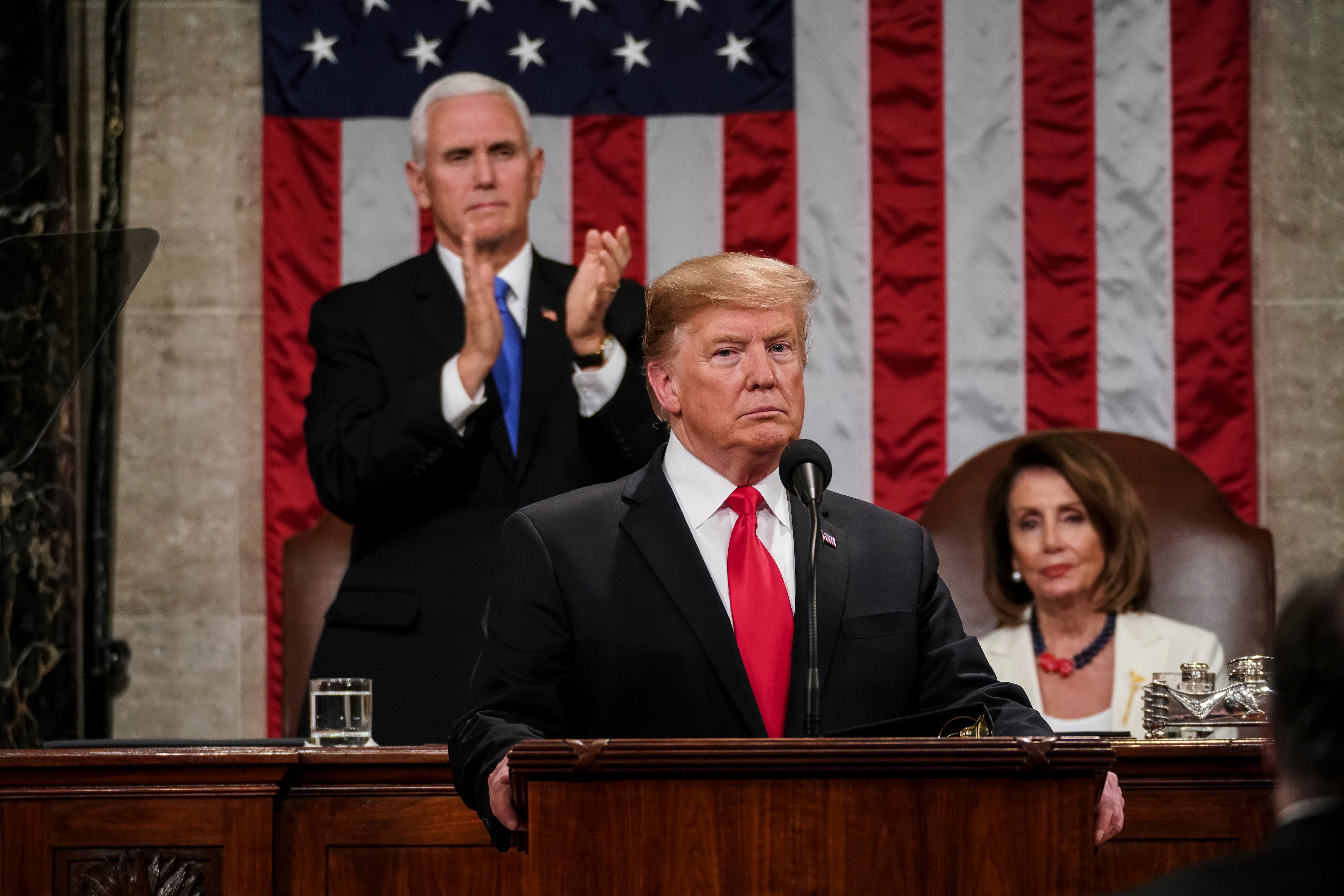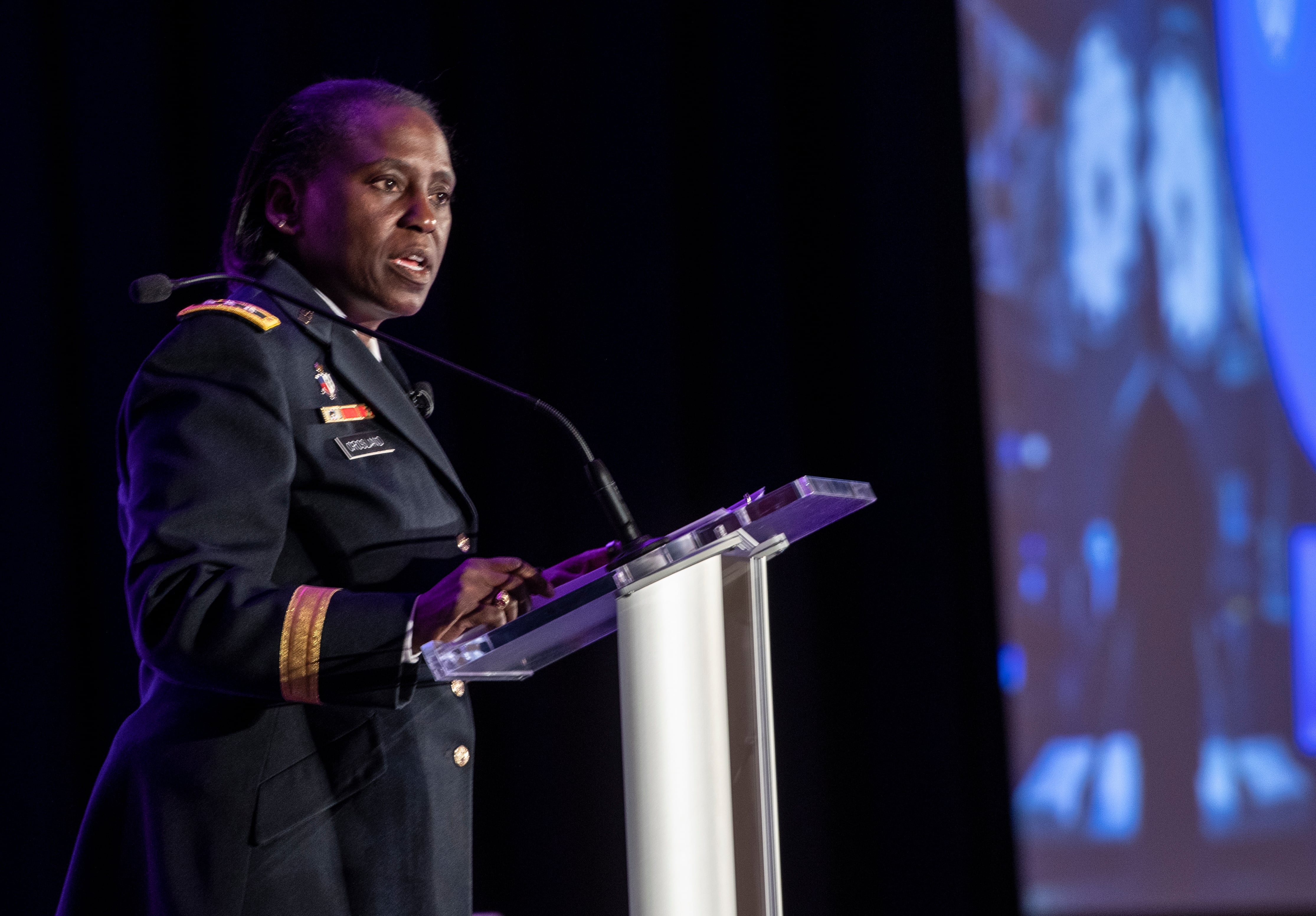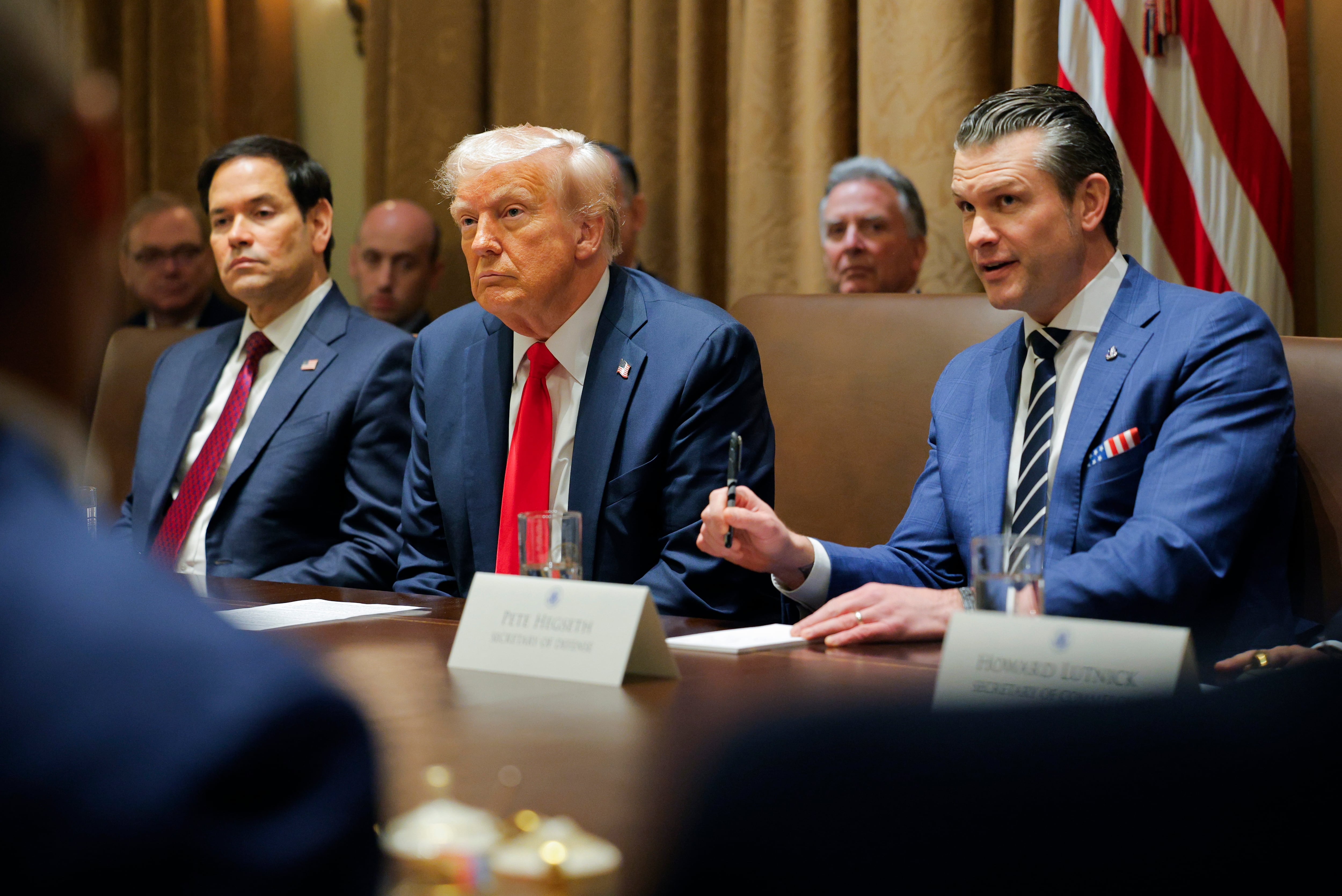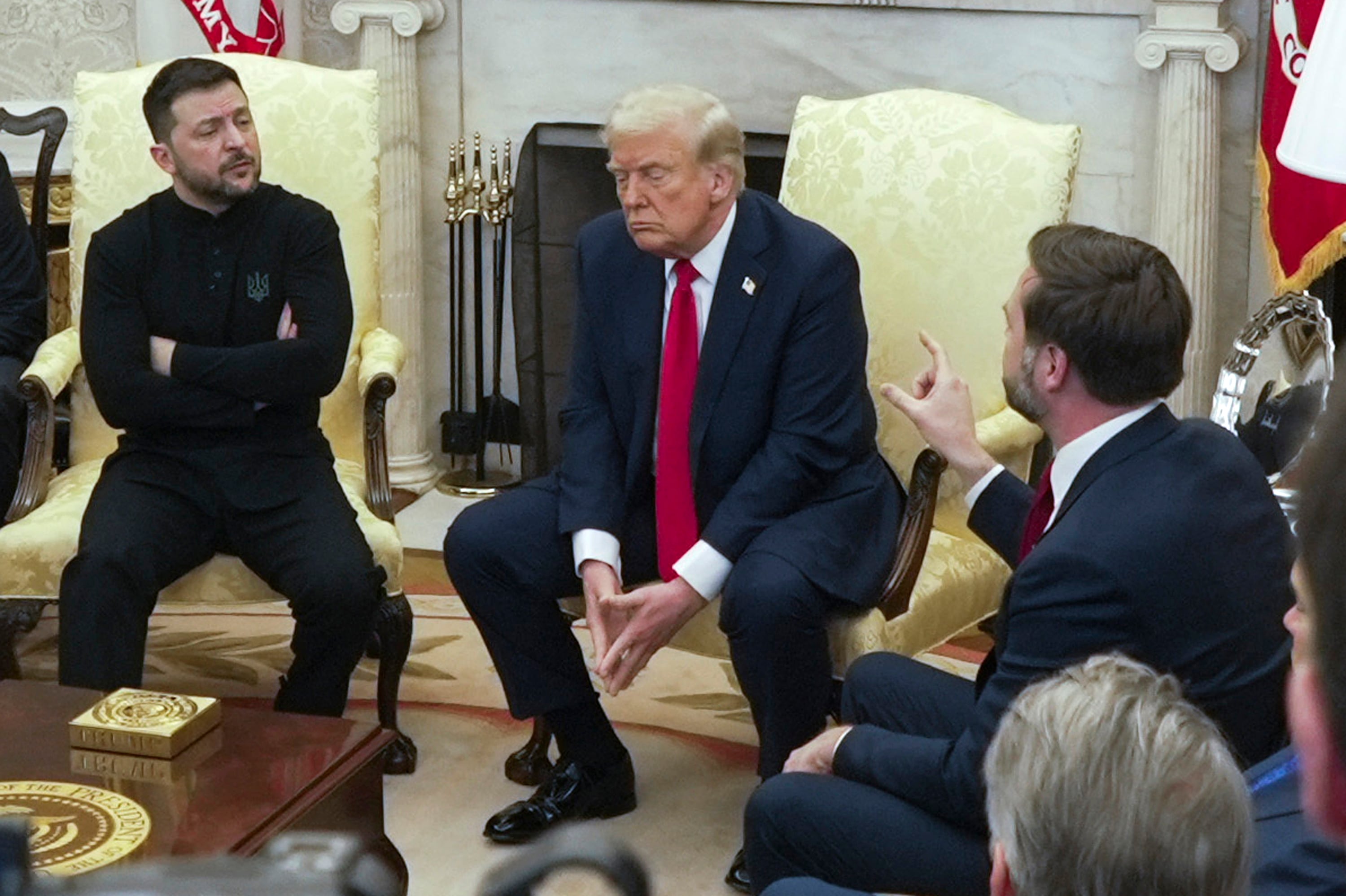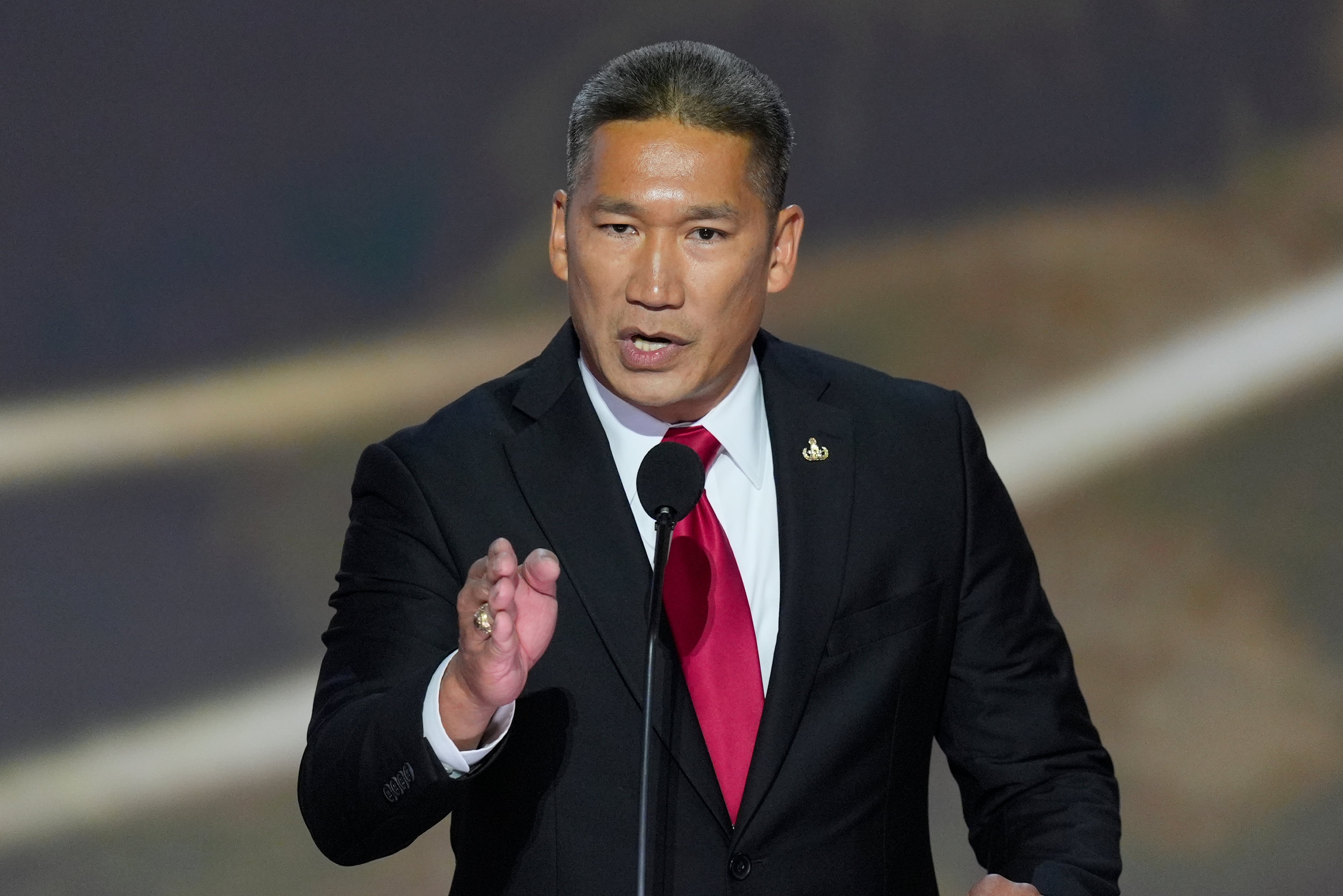BAGHDAD — The U.S. has agreed to deploy more than 200 additional troops to Iraq and to send Apache helicopters for the first time into the fight against the Islamic State group in Iraq, U.S. defense officials said Monday.
The decisions reflect weeks of discussions with commanders and Iraqi leaders, and a decision by President Obama to increase the authorized troop level in Iraq by 217 forces — or from 3,870 to 4,087.
The new plan, expected for weeks, would mark the first major increase in U.S. forces in nearly a year. Last June, the Obama administration announced that hundreds of troops would be deployed to help the Iraqis retake Ramadi — a goal they accomplished at the end of the year.
Of the additional troops, most would be Army special forces, who have been used all along to advise and assist the Iraqis. The remainder would include some trainers, security forces for the advisers and more maintenance teams for the Apaches.
The increased military support comes as the U.S.-led coalition looks to better enable local Iraqi and Syrian forces to retake the key cities of Mosul in Iraq and Raqqa in Syria.
The advise-and-assist teams — made up of about a dozen troops each — would embed with Iraqi brigades and battalions, putting them closer to the fight, and at greater risk from mortars and rocket fire. They would have security forces with them.
Putting the U.S. teams with Iraqi forces closer to the battlefront will allow them to provide more tactical combat advice as the Iraqi units move toward Mosul, the country's second-largest city. Until now, U.S. advisers have worked with the Iraqis at the headquarters level, well back from the front lines.
The Apaches are considered a significant aid to any attack on Mosul, providing precision fires in the fight.
Last December, U.S. officials were trying to carefully negotiate new American assistance with Iraqi leaders who often have a different idea of how to wage war. At that time, the Iraqis turned down a U.S. offer to provide Apache helicopters for the battle to retake Ramadi.
Speaking to U.S. troops at the airport in Baghdad, Defense Secretary Ash Carter also said he will send an additional rocket-assisted artillery system to Iraq. The system is likely to be used by U.S. Army soldiers who will replace U.S. Marines currently stationed at a small outpost outside of the Iraqi base of Mohkmour.
U.S. officials had said previously that the number of special operations forces in Syria would be increased at some point, but Carter did not mention that in his comments. Officials spoke about the plan on condition of anonymity because they weren't authorized to discuss the matter publicly.
Carter's announcement Monday came after several meetings with his commanders and Iraqi leaders about how the U.S. can best help Iraqi forces retake Mosul.
He met with Lt. Gen. Sean MacFarland, the top U.S. military commander for the fight against ISIS, as well as a number of Iraqi leaders including Prime Minister Haider al-Abadi and Iraq's Minister of Defense Khalid al-Obeidi.
He also spoke by phone with the president of Iraq's autonomous Kurdish region, Massoud Barzani
Late last month, Gen. Joseph Dunford, chairman of the Joint Chiefs of Staff, told reporters that he and Carter believed there would be an increase in U.S. forces in Iraq in the coming weeks.
Later this week, Obama will be in Saudi Arabia to meet with Gulf leaders and talk about the fight against ISIS.
Carter has said the U.S. wants Gulf nations to help Iraq rebuild its cities once ISIS militants are defeated.
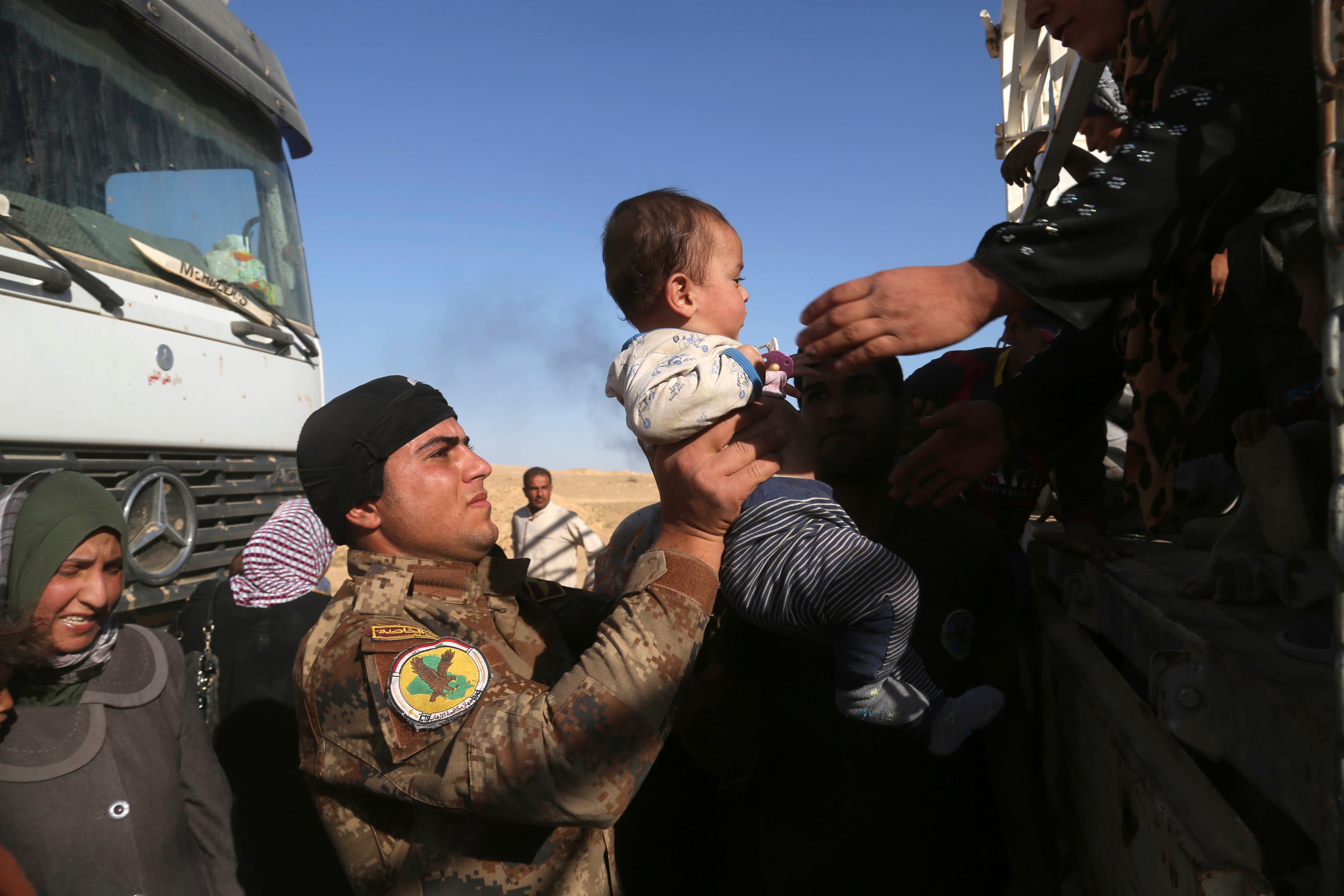
A member of Iraq's elite counterterrorism forces helps women and children fleeing their homes during clashes between Iraqi security forces and the Islamic State group in Hit, 85 miles west of Baghdad, on April 4.
Photo Credit: Khalid Mohammed/AP
U.S. military and defense officials also have made it clear that winning back Mosul is critical, but will be challenging, because the insurgents are dug in and have likely peppered the landscape with roadside bombs and other traps for any advancing military.
A senior defense official told reporters traveling with Carter that while Iraqi leaders have been reluctant to have a large number of U.S. troops in Iraq, they also need certain capabilities that only more American or coalition forces can provide.
Iraqi leaders, said the official, back the addition of more U.S. troops if they directly coincide with specific capabilities that Iraq forces need to fight ISIS and take back Mosul. The official was not authorized to discuss the issue publicly so spoke on condition of anonymity.
U.S. leaders have also made it clear that ongoing political disarray and economic problems must be dealt with in order for Iraq to move forward.
This week, the country has been struggling with a political crisis, as efforts to oust the speaker of parliament failed. Al-Abadi's efforts to get a new cabinet in place met resistance, and influential Shiite cleric Moqtada al-Sadr issued a deadline, giving parliament 72 hours to vote in a new Cabinet.
At the same time, the costs of the war against ISIS, along with the plunge in the price of oil — which accounts for 95 percent of Iraq's revenues — have caused an economic crisis, adding fresh urgency to calls for reform. Iraqi officials predict a budget deficit of more than $30 billion this year.

